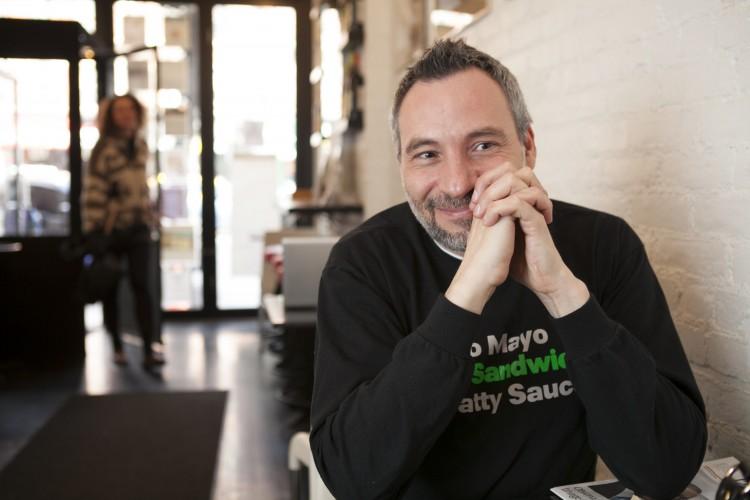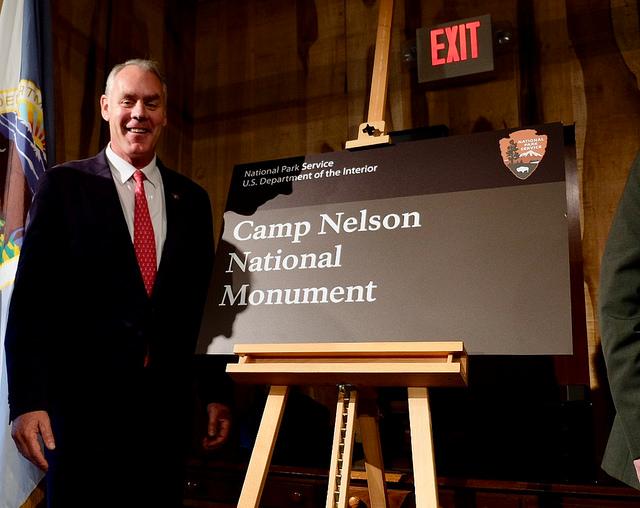NEW YORK—In the three years chef Michael Guerrieri and his sister Anna Maria Guerrieri have owned City Sandwich on 9th Avenue and 46th Street, they have weathered yearly increases in rent, highly variable food prices, and shaky economic conditions—and the fun is just beginning.
Like many New York City small-business owners, Guerrieri is facing a trio of new government regulations in the pipeline that could hit businesses all at once: an increase in the minimum wage, paid sick leave, and the Affordable Care Act (also known as Obamacare). The minimum wage increase is slated to pass with the state budget by April 1 and paid sick leave is being debated in City Council.
Guerrieri is concerned with the direct costs his business will incur, especially in a city where it is already expensive to do business. He agrees with many of the regulations to be implemented, but feels forcing the regulations takes away from the momentum that will allow him to reach those goals on his own.
Recommended: Choices Narrow for NYC Business Owners in Sandy-Hit Areas
Guerrieri compared a new business to a newborn. “The initial years are where we need a little help,” Guerrieri said. “They should allow a business to breathe in the beginning.”
Guerrieri, who currently employs eight people, wants to see his business grow and expand. His business plans include adding benefits, such as health care, for his employees.
“I want to be able to have that staff meeting one day and say, ‘Congratulations. We are going to have health care,’” Guerrieri said. He said he wants to say it proudly, with a sense of accomplishment, not because he has to.
In the long term, he said he wants to see his employees take over the new locations and run their own businesses. But he worries whether his younger employees would even want that option after seeing firsthand the cost of being in business for yourself.
Recommended: Glimmer of Hope for Low-Wage Workers
“What is the incentive for the younger generations to be entrepreneurs, to be self-employed, and make a difference?” Guerrieri asked. “Why would I want to go into business when I can go to work for somebody, have everything covered?”
A Tale of Two Cities
The package of bills and the timing are very similar to legislation passed in San Francisco several years ago, offering New Yorkers a peek into how small businesses will deal with the rising labor costs.
In 2007 and early 2008, labor costs for some businesses jumped considerably in San Francisco with the passage of three measures: paid sick leave, a rise in the minimum wage, and a health care initiative.
“At that time there were three ordinances that went through and of those three ordinances, this [paid sick leave] was the least painful and probably the best policy for the dollar spent of the three,” said Rob Black, executive director of the Golden Gate Restaurant Association by phone Monday.





